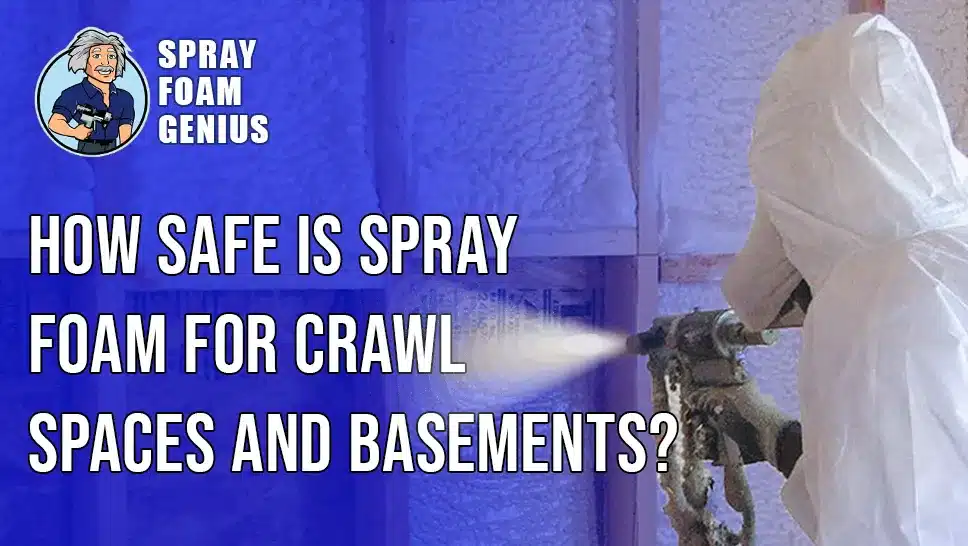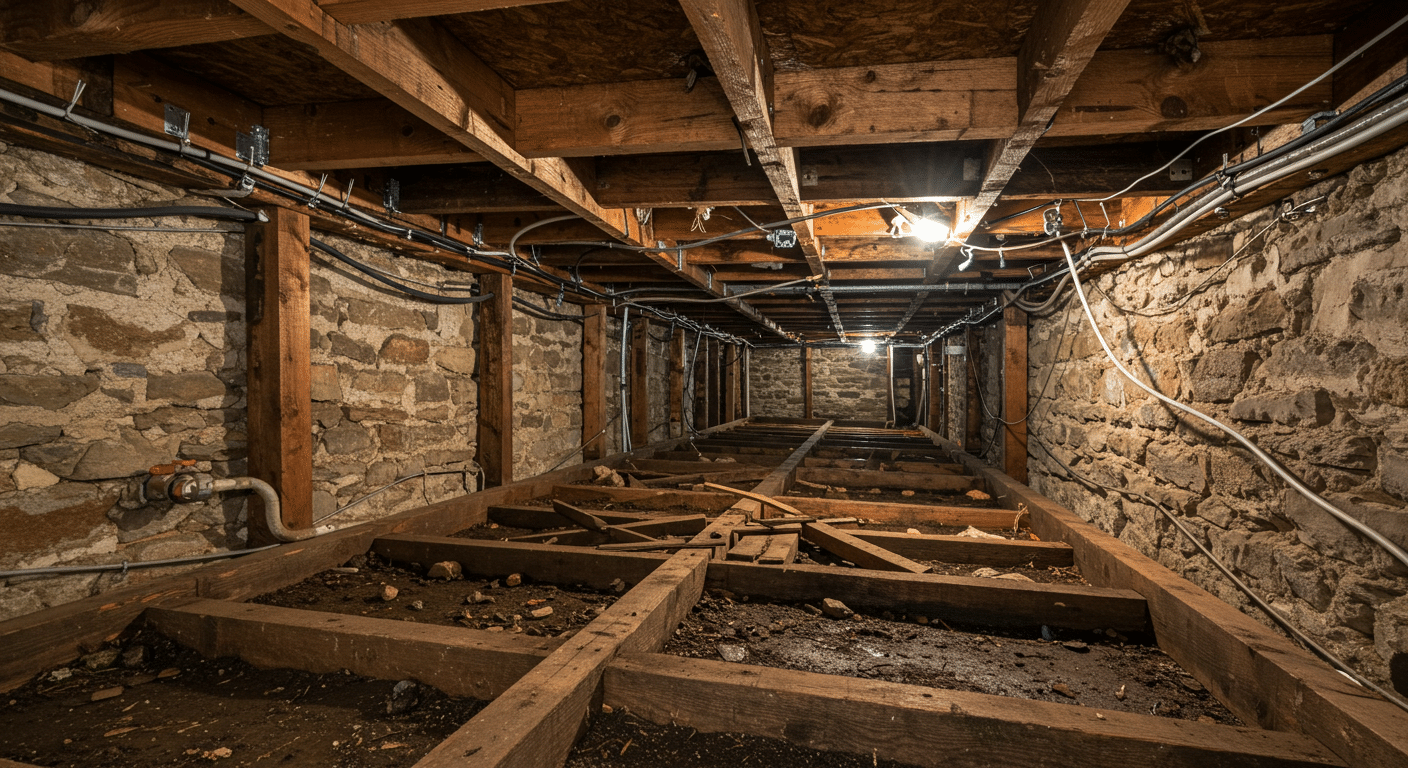
Spray foam insulation is generally safe for crawl spaces and basements when professionally installed and fully cured. It creates an air and moisture barrier that helps prevent mold, mildew, and radon gas infiltration. Closed-cell spray foam is preferred in these areas due to its high moisture resistance and structural support. However, safety concerns can arise if the foam is improperly installed, not allowed to cure in a ventilated environment, or applied in areas with poor access to fresh air. Always use certified installers to minimize health risks.
Key Factors Affecting Spray Foam Safety in Crawl Spaces and Basements
| Factor | Importance | Notes |
| Type of Spray Foam | High | Closed-cell is moisture-resistant; preferred |
| Installation Quality | Critical | Poor application can trap moisture or emit VOCs |
| Ventilation During Curing | Essential | Proper airflow prevents VOC exposure |
| Moisture Levels in Area | High | Excess dampness may lead to issues |
| Building Code Compliance | Required | Ensures proper fire and vapor barriers |
Crawl Space & Basement Spray Foam: Pros and Cons

Pros
- Excellent moisture barrier, reducing mold risk
- Increases energy efficiency and air sealing
- Adds structural strength (closed-cell)
Cons
- Risk of VOC exposure if not cured properly
- Difficult to remove or modify once installed
- Higher upfront cost than other insulation types
Why Closed-Cell Spray Foam Is Recommended
Closed-cell spray foam is ideal for basements and crawl spaces due to its impermeability to water vapor and superior thermal resistance (R-6 to R-7 per inch). It blocks air leaks and resists mold growth, making it safer long-term. Its dense structure also adds rigidity to basement walls or crawl space subfloors. In contrast, open-cell foam is more permeable and can absorb moisture, making it less suitable for below-grade environments.
Installation Safety & VOC Considerations
The primary safety concern is off-gassing volatile organic compounds (VOCs) during installation. These chemicals can irritate the eyes, nose, and lungs if inhaled. Safe installation requires protective gear, adequate ventilation, and a 24–72 hour unoccupied curing period. Hiring a certified installer ensures compliance with fire codes and environmental safety standards, reducing long-term health and structural risks.
Spencer is a Google ranking expert and SEO consultant who has helped businesses in the spray foam marketing industry achieve their online marketing goals. Spray Foam Genius Marketing has a proven track record of success, having achieved some impressive results for his clients.

